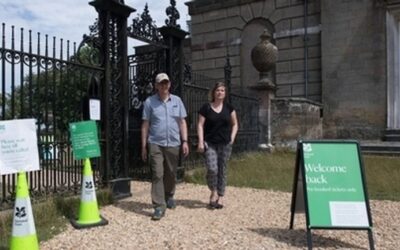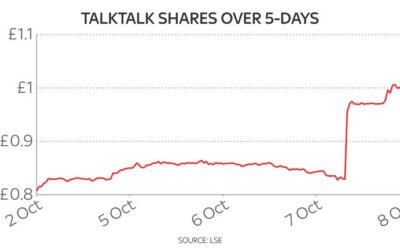The largest shareholder in Galliard Homes, one of London’s leading housebuilders, is exploring a sale of the company that bankers believe could value it at close to £1bn.
Sky News has learnt that Stephen Conway, who co-founded Galliard in 1992, has appointed bankers to examine options for the sale of a minority or controlling stake in the business.
Jefferies, the investment bank, has been asked to oversee the sale process, according to City sources.
Galliard, which develops roughly 3,500 homes annually, also operates in Birmingham and the West Country, and is one of London’s biggest privately owned housebuilders.
The company was set up by Mr Conway and John Black, with its first project consisting of 110 apartments in Enfield, north London.
Advertisement
The nearest main road to the development was Galliard Road, from which the company took its name.
People close to the process said Mr Conway, who is in his early 70s, was likely to seek an investment partner with whom he could work for five years before potentially selling the remainder of his stake.
More from Business
Along with other board members and an employee share trust, he controls roughly 85% of the company.
Cain Hoy, the real estate investor, owns a 10% stake.
One source said that a transaction would see Galliard being valued at at least £600m, and potentially close to £1bn.
Galliard’s growth has not been without difficulties.
In 2019, residents of a luxury housing complex at Greenwich peninsula said they would take legal action against the company over the cladding installed at the site, after the Grenfell Tower disaster drew attention to the risks of such materials.
The company’s other major development projects have included a site close to Arsenal FC’s Emirates Stadium, and Great Scotland Yard, the Metropolitan Police’s former headquarters.
Mr Conway and Galliard declined to comment on Friday.








